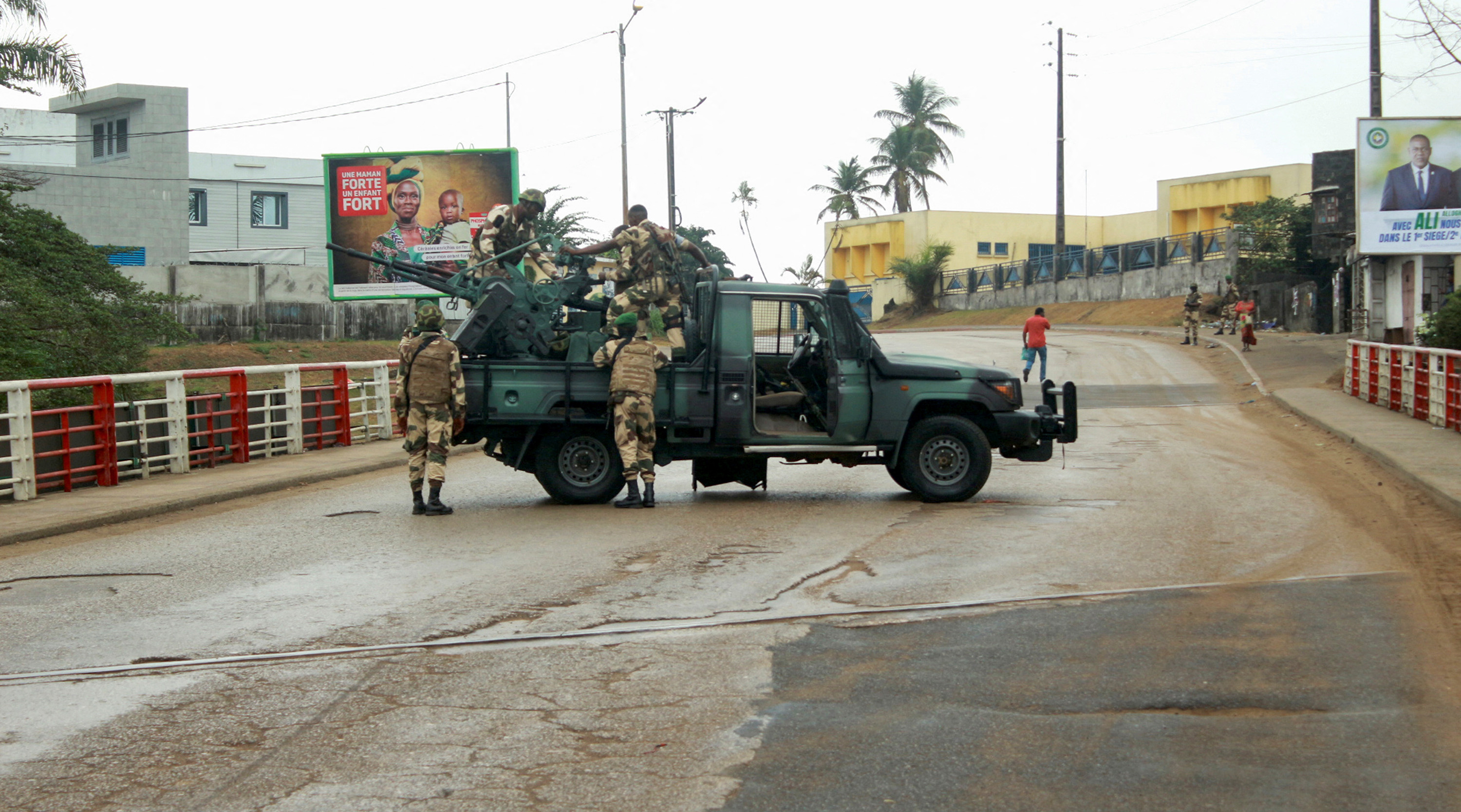The recent coup in Gabon highlights a central challenge facing mineral-rich African countries: providing the policy and political stability necessary to develop processing facilities that turn raw metal ores into refined, usable products, which would allow these countries to create good manufacturing jobs and expand economic opportunities in the service sector.
Gabon, a former French colony, is best known for its oil exports and on-again, off-again membership in the Organization of Petroleum Exporting Countries (OPEC). But it is also the world’s second largest producer of manganese. Manganese is an important input to iron and steel but also production of electric vehicle (EV) batteries, with some calling it “the key” to lowering consumer costs and driving widespread EV adoption. Manganese is on the critical minerals/resources lists of the United States, European Union, and South Korea. As recently as 2021, Gabon accounted for 65 percent of US manganese ore imports.
Mining and mineral processing are important to Gabon’s economic future, especially as demand for its oil exports declines. (Exports are already down from their peaks in the late 1990s.) Like other oil exporters, Gabon has failed to diversify away from oil exports, but its oil wealth means that its GDP per capita (in purchasing power parity [PPP] terms) is higher than South Africa or Egypt, making it ineligible for the European Union’s Generalized Scheme of Preferences or any other preferential market access provisions.
Biopolymer supercapacitors. Adopt it.



